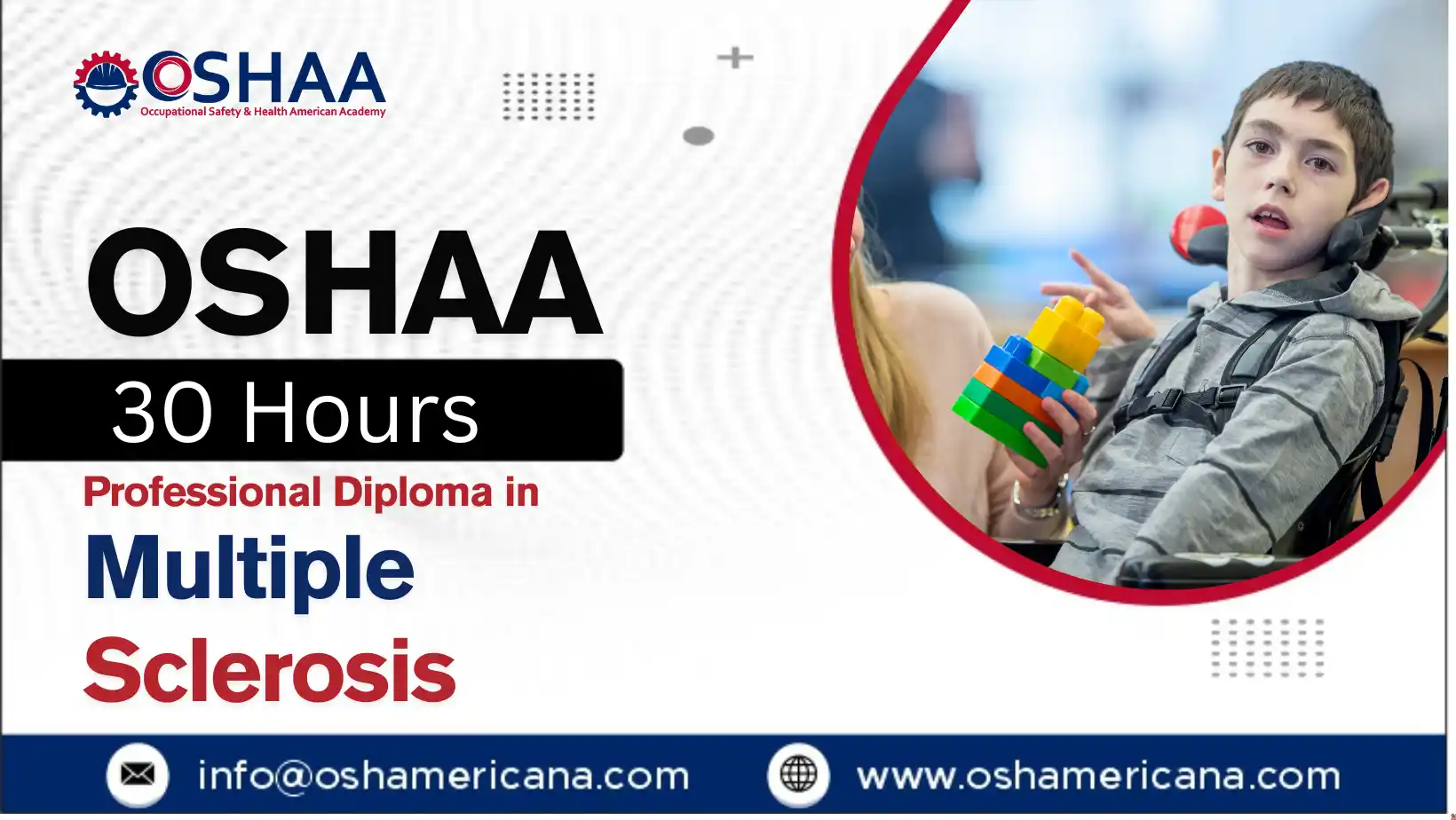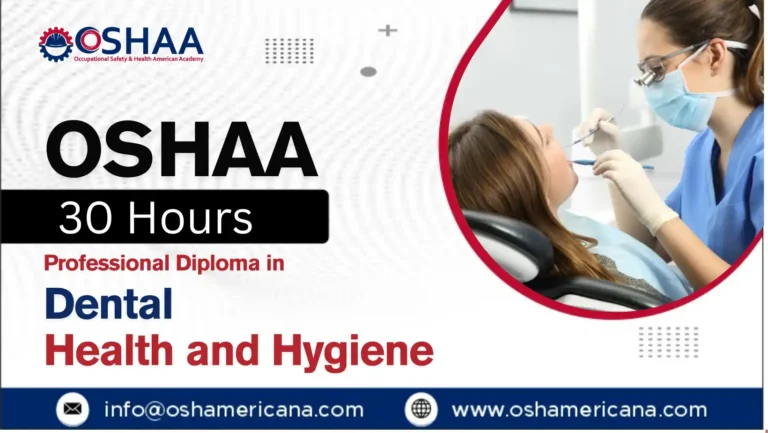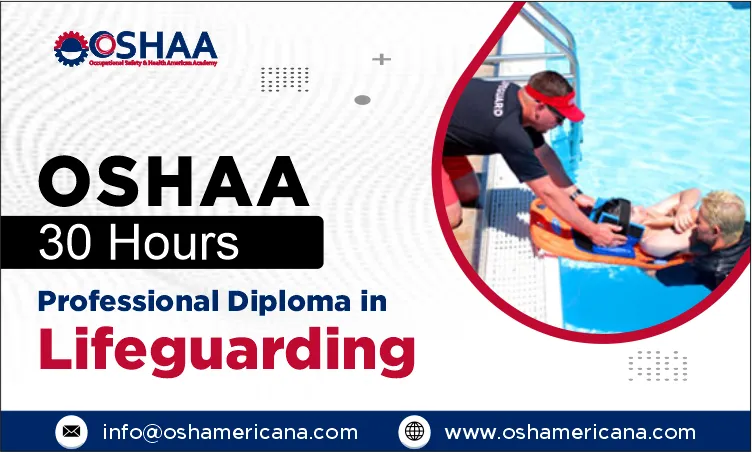The OSHAA 30-Hours Professional Diploma in Multiple Sclerosis is a specialised programme designed to deepen understanding of one of the most complex neurological conditions affecting individuals worldwide. Structured to meet UK professional standards, this comprehensive diploma equips participants with the essential knowledge and skills to better comprehend, manage, and support those living with multiple sclerosis (MS).
Multiple sclerosis is a chronic, often unpredictable disease of the central nervous system. It presents with a wide range of physical, cognitive, and emotional symptoms. Through this diploma, participants will gain in-depth insight into the causes, progression, and modern approaches to treatment and support, all while aligning with OSHA guidelines related to workplace safety and health in medical and care settings.
One of the core strengths of the programme is its practical relevance. Through real-world case studies, scenario-based discussions, and structured analysis, participants will develop the critical thinking and problem-solving skills necessary to support patients and families effectively. Emphasis is also placed on understanding workplace accommodations, accessibility, and safety planning for individuals with MS—making the course particularly valuable for professionals in healthcare, social care, rehabilitation, and occupational health.
The diploma also includes training on risk mitigation, patient safety, and the application of evidence-based practices. Participants will explore how to deliver holistic care that considers physical limitations, mental health challenges, and long-term disease progression. By the end of the course, participants will be prepared to contribute meaningfully within multidisciplinary teams and advocate for enhanced care standards and patient empowerment.
In a landscape where neurological conditions are increasingly recognised for their complexity and impact, the OSHAA 30-Hours Professional Diploma in Multiple Sclerosis stands out as a vital resource for career development and professional excellence. It not only enhances understanding but also promotes safer, more informed, and more inclusive care practices across sectors.
OSHAA 30-Hours Professional Diploma in Multiple Sclerosis
Study Units
Learning Outcomes
Introduction to Multiple Sclerosis and Neurological Foundations (2 Hours)
- Understand the structure and function of the central nervous system
- Define multiple sclerosis and its neurological basis
- Recognise the importance of early awareness in neurological disorders
- Identify the primary goals of MS care and support
Causes, Risk Factors, and Epidemiology of Multiple Sclerosis (3 Hours)
- Explain the current understanding of MS causes and contributing factors
- Identify genetic, environmental, and lifestyle-related risk factors
- Interpret key epidemiological trends and global prevalence of MS
- Evaluate the significance of early detection and risk management
Types and Stages of Multiple Sclerosis (3 Hours)
- Distinguish between the different forms of MS, including RRMS, SPMS, PPMS, and CIS
- Understand the clinical progression and staging of the disease
- Identify key characteristics associated with each type and stage
- Recognise the implications of progression on treatment planning
Clinical Signs, Symptoms, and Diagnostic Procedures (5 Hours)
- Identify the most common physical, cognitive, and sensory symptoms of MS
- Understand the variability and unpredictability of symptom presentation
- Learn the standard diagnostic tools, including MRI, lumbar puncture, and blood tests
- Evaluate the diagnostic criteria used by healthcare professionals
Treatment Options: Pharmacological and Non-Pharmacological Approaches (5 Hours)
- Understand the main classes of disease-modifying therapies (DMTs)
- Evaluate the use of steroids, immunotherapy, and symptom-specific medications
- Explore non-pharmacological approaches including diet, exercise, and mindfulness
- Recognise the importance of personalised and integrated treatment planning
Living with MS: Psychosocial and Cognitive Impacts (3 Hours)
- Identify common emotional and mental health challenges faced by individuals with MS
- Understand the cognitive changes associated with disease progression
- Evaluate the impact on relationships, employment, and daily living
- Develop strategies to support emotional wellbeing and resilience
Rehabilitation, Physiotherapy, and Supportive Therapies (6 Hours)
- Explore the role of physiotherapy in maintaining mobility and function
- Understand occupational therapy interventions for independence and quality of life
- Identify supportive therapies such as speech therapy and assistive technology
- Assess individual needs and design multidisciplinary rehabilitation plans
Workplace Health, Safety, and Accessibility for Individuals with MS (3 Hours)
- Understand legal and ethical responsibilities in accommodating individuals with MS
- Identify common workplace barriers and accessibility solutions
- Learn how to apply OSHA standards in supporting employees with neurological conditions
- Develop inclusive strategies to enhance workplace wellbeing and productivity
Course Benefits of the OSHAA 30-Hours Professional Diploma in Multiple Sclerosis
- Provides a comprehensive understanding of multiple sclerosis from a neurological, clinical, and social perspective
- Equips participants with the skills to identify, assess, and manage the condition across different stages
- Enhances knowledge of current diagnostic procedures and evidence-based treatment options
- Builds competence in supporting the psychosocial and cognitive needs of individuals living with MS
- Strengthens the ability to contribute to multidisciplinary care and rehabilitation planning
- Offers practical insights into workplace health, safety, and accessibility aligned with OSHA standards
- Promotes inclusive practices that improve the quality of life for individuals affected by MS
- Supports career development in healthcare, social work, rehabilitation, and occupational health sectors
- Develops critical thinking through case-based learning and real-world application
- Awards a recognised professional qualification that enhances credibility and employability in neurological care and support services
The OSHAA 30-Hours Professional Diploma in Multiple Sclerosis is designed for participants seeking to deepen their understanding of MS and its management within professional settings. It is particularly suitable for:
- Healthcare professionals, including nurses, therapists, and clinicians working with neurological conditions
- Rehabilitation specialists and physiotherapists supporting individuals with MS
- Occupational health practitioners focusing on workplace wellbeing and safety
- Social care workers involved in supporting people with chronic illnesses
- Support staff and coordinators in community health and disability services
- Participants aiming to specialise in neurological health or expand their expertise in chronic disease management
- Professionals responsible for implementing workplace accommodations and accessibility measures
- Those seeking a recognised qualification to enhance their career prospects in health and social care sectors







